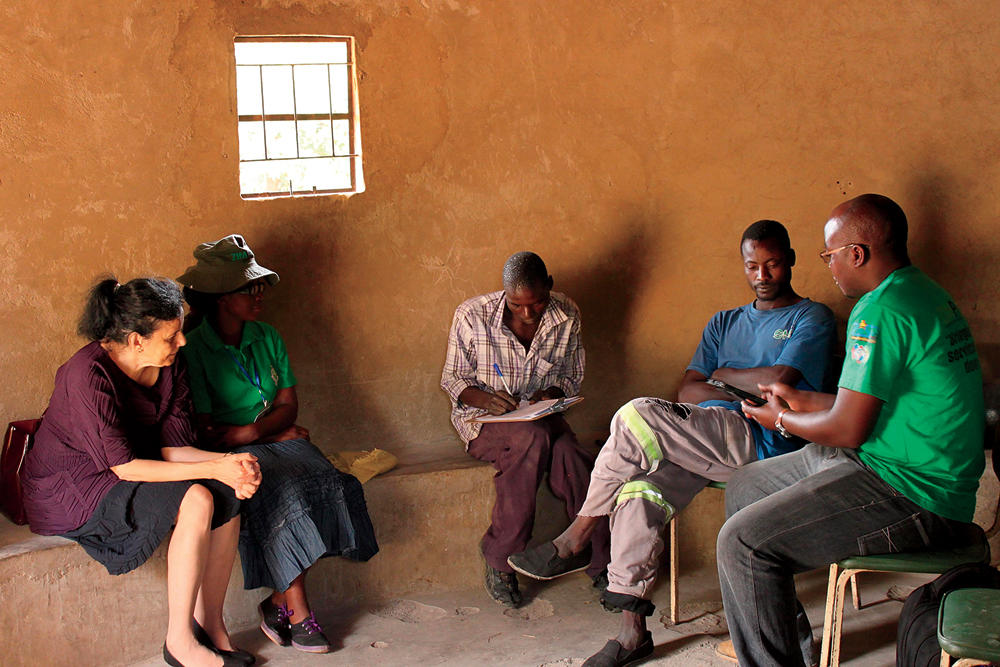Several African nations once ravaged by AIDS are now making remarkable progress in controlling the disease, according to new research by Columbia epidemiologists Wafaa El-Sadr ’91PH and Jessica Justman. The scientists report that the annual rates of new HIV infections in Malawi, Zambia, and Zimbabwe have fallen by 76 percent, 51 percent, and 67 percent, respectively, since 2003.
“Our findings suggest that these countries have turned the corner in their fight against the epidemic,” says El-Sadr, a University Professor at Columbia who teaches epidemiology and medicine at the Mailman School of Public Health and who directs ICAP, a global health center at the school that focuses on combating HIV/AIDS. “They seem to be making remarkable progress at every point of the clinical delivery system: in testing and diagnosing people, in getting medications to those who need it, and in helping HIV-positive people take their medicine diligently.”
The preliminary findings, which were released on ICAP’s website, are based on health surveys of more than eighty thousand people in the three countries. These surveys are part of a much larger ICAP-led effort to assess the status of the HIV epidemic in thirteen severely affected countries. Over the next three years, researchers will conduct similar assessments in Cameroon, Côte d’Ivoire, Ethiopia, Haiti, Kenya, Lesotho, Namibia, Swaziland, Tanzania, and Uganda. This effort, which is funded by a $125 million grant from the US President’s Emergency Plan for AIDS Relief (PEPFAR) and conducted in collaboration with the US Centers for Disease Control and Prevention, is the most comprehensive of its kind ever undertaken.
“The goal is to take stock of the effectiveness of HIV prevention and treatment programs to date and guide future efforts,” says Justman, an associate professor of medicine at the Mailman School and the researcher who oversees the project.
Despite the progress made recently in Malawi, Zambia, and Zimbabwe, El-Sadr cautions that there is much work left to be done. One in ten people in these countries, she points out, is HIV-positive. “There is a critical need to continue committing the resources necessary to bring this epidemic under control,” El-Sadr says.



